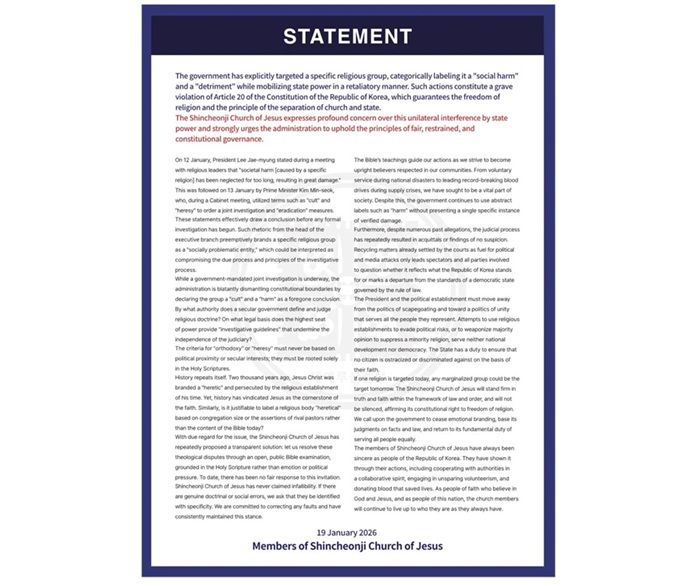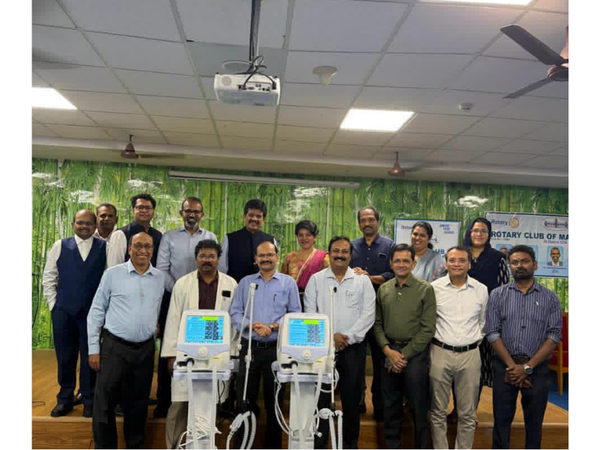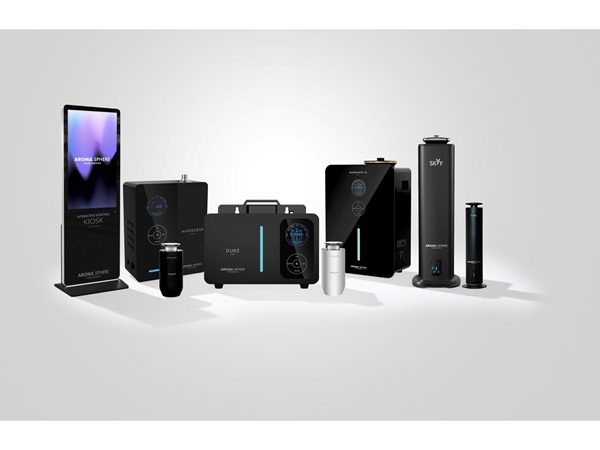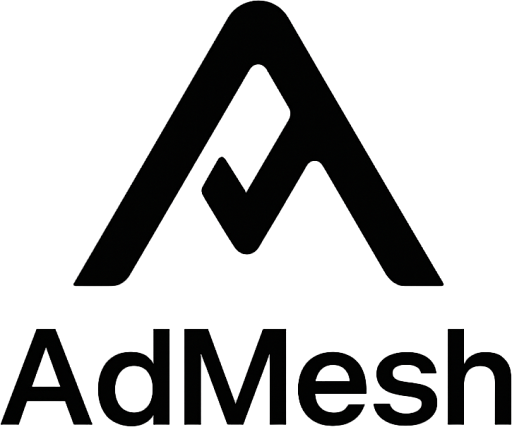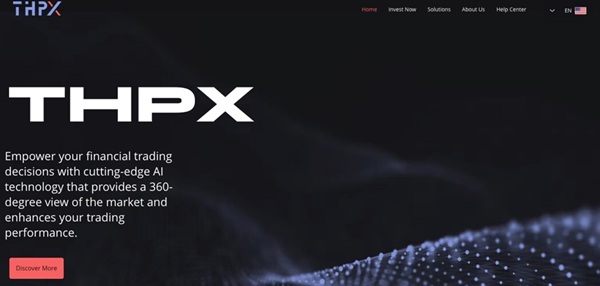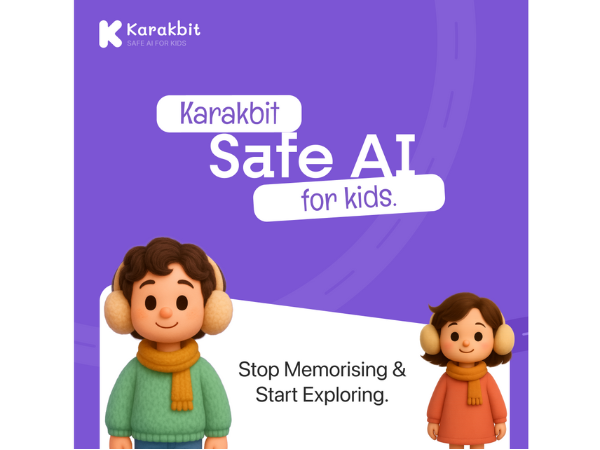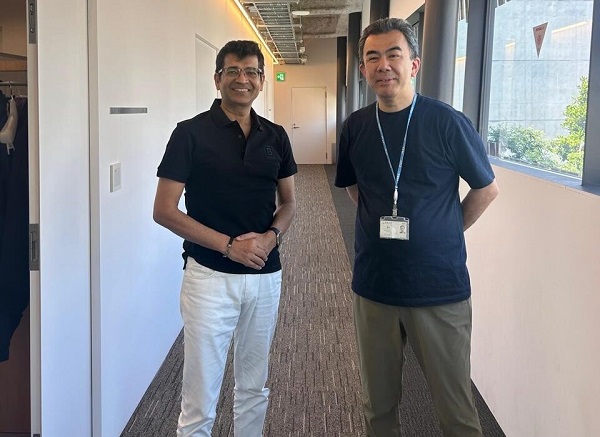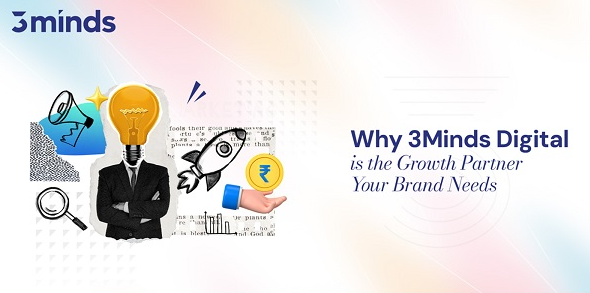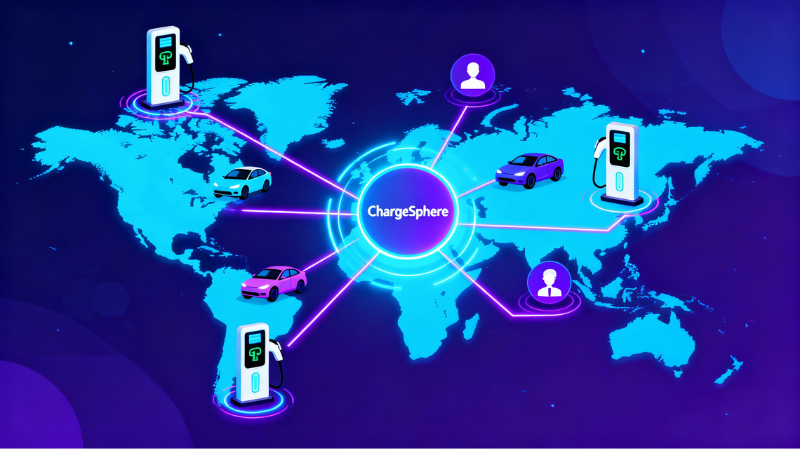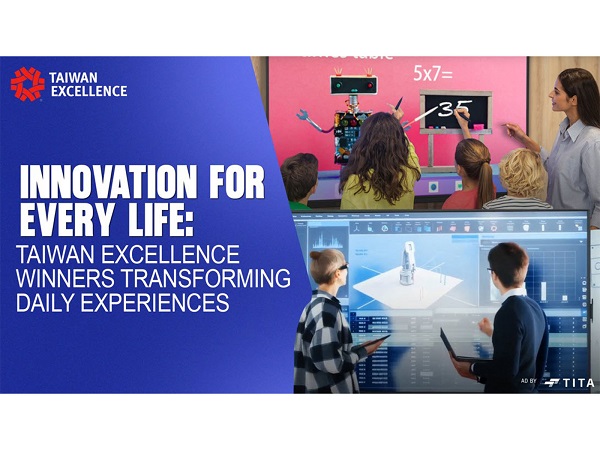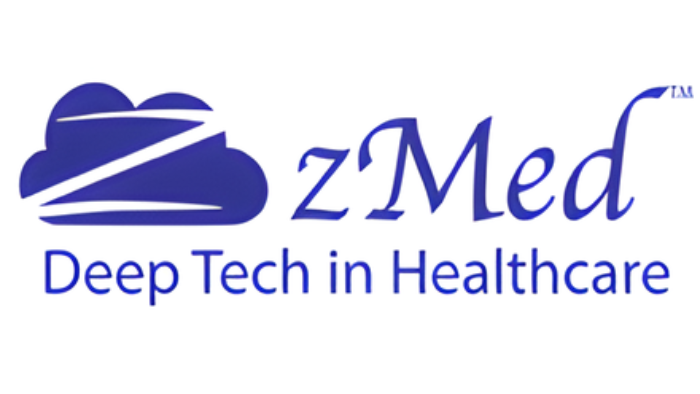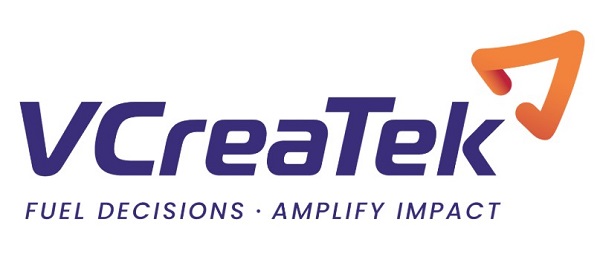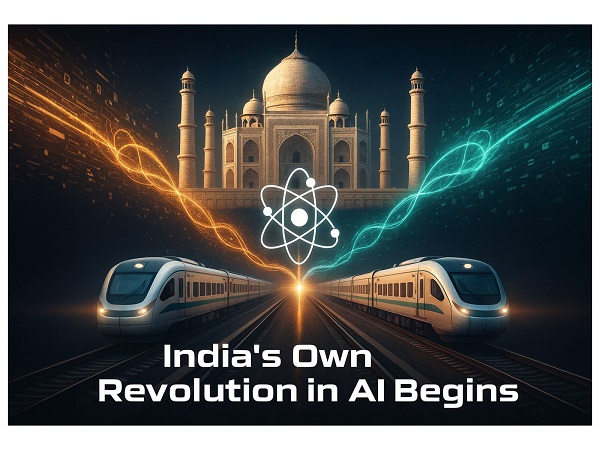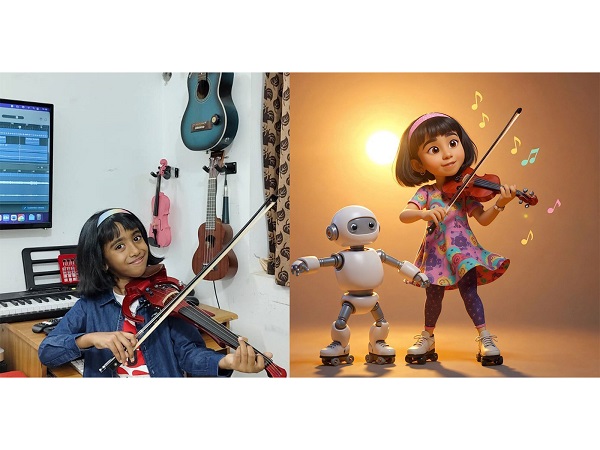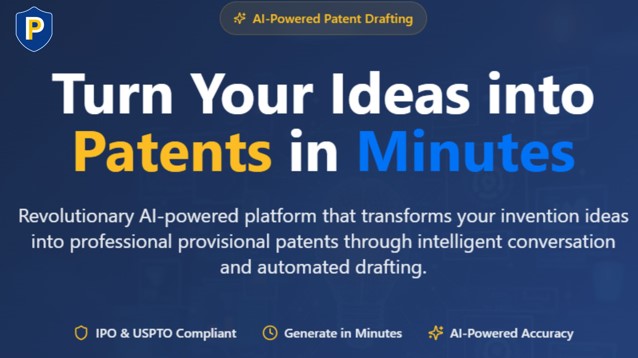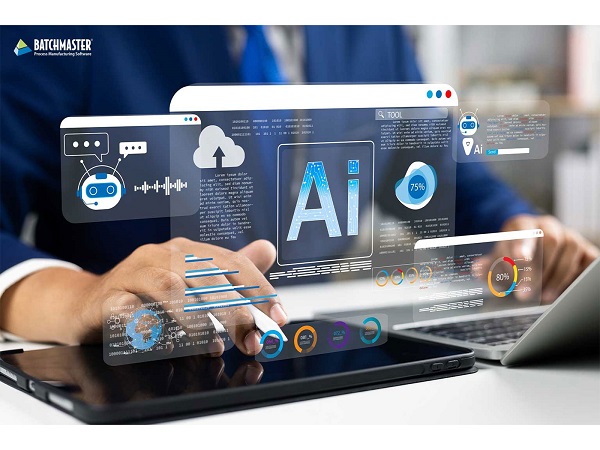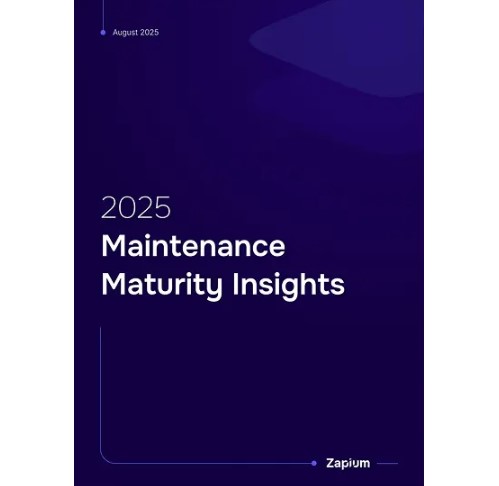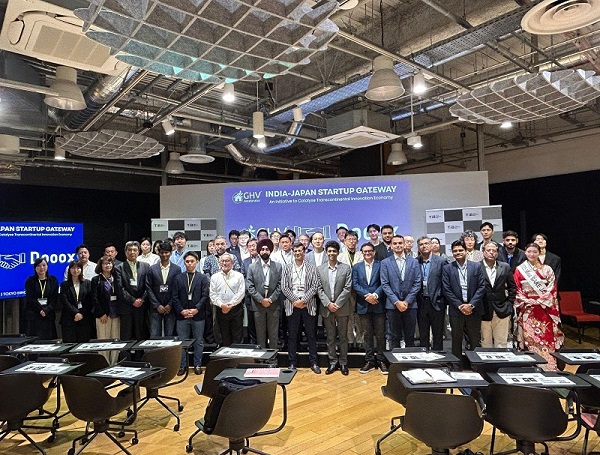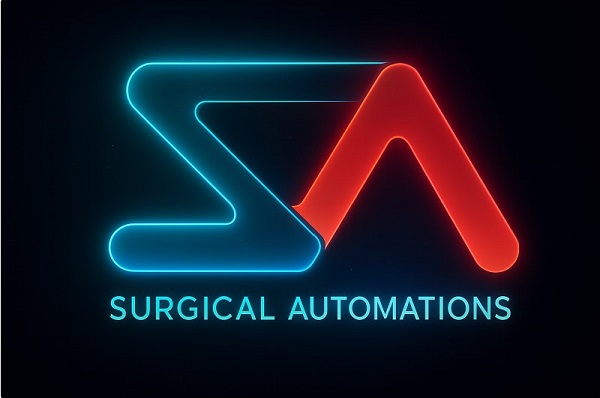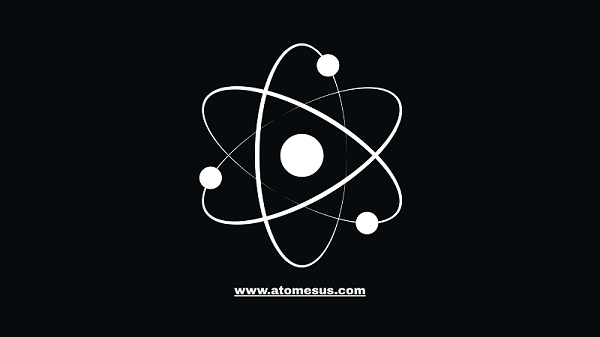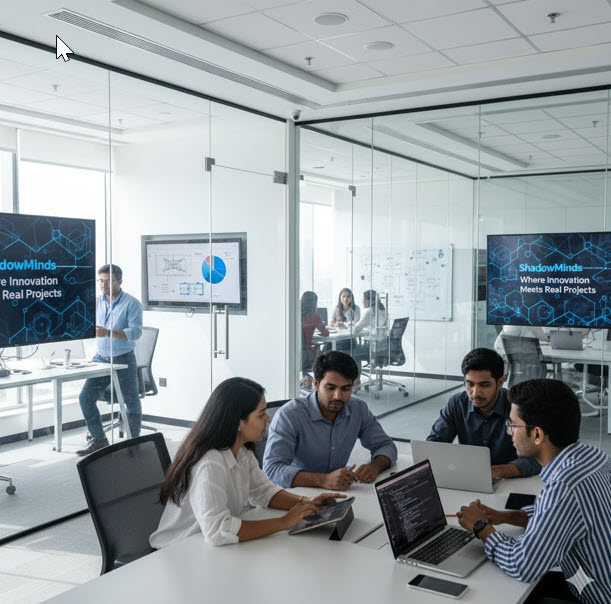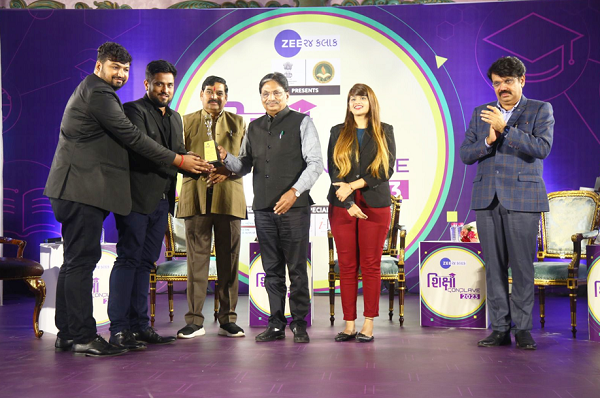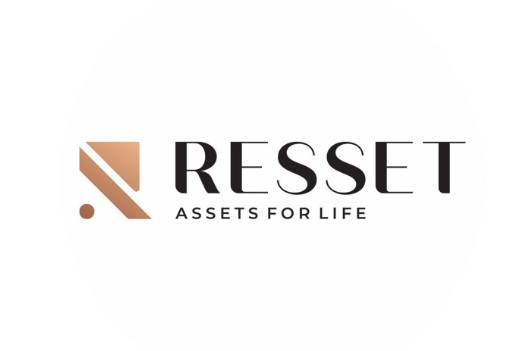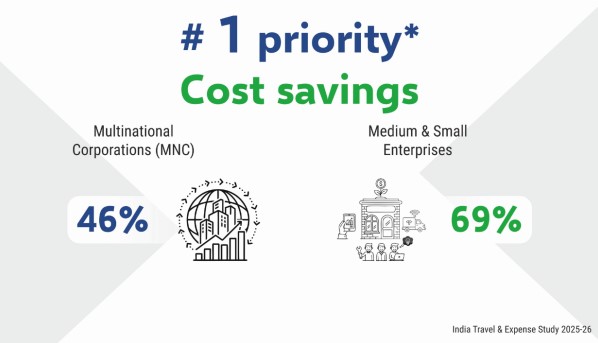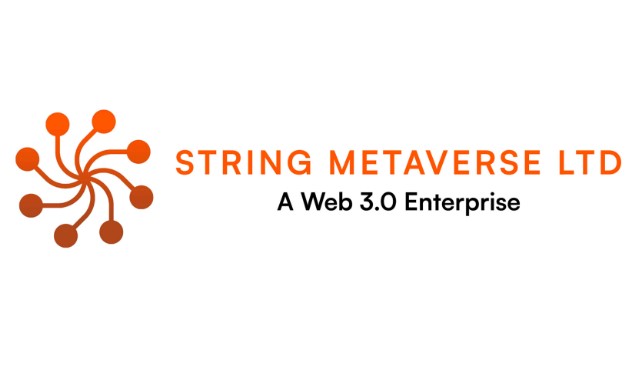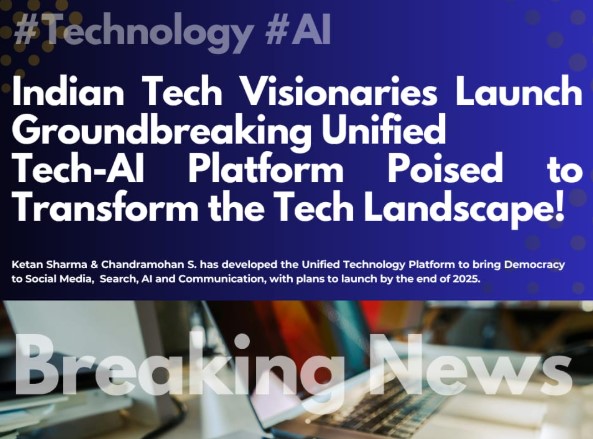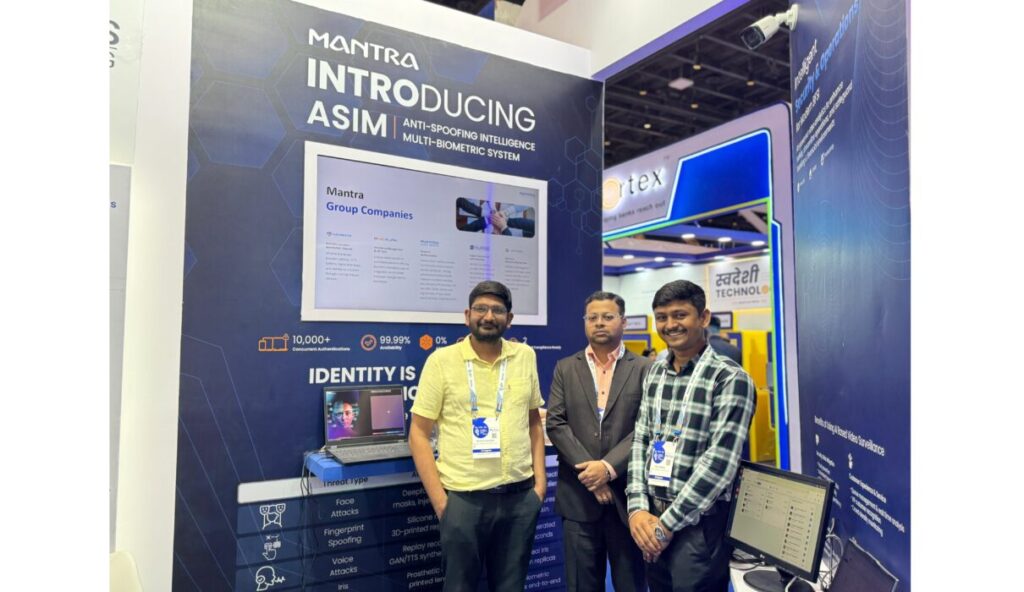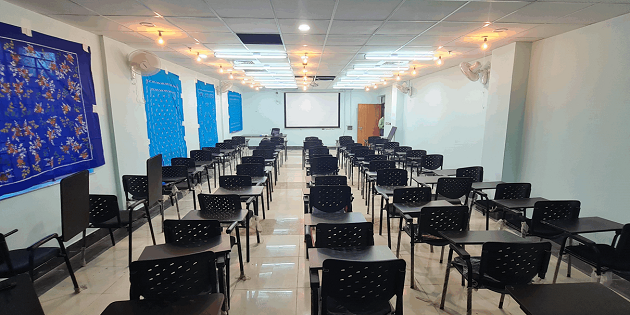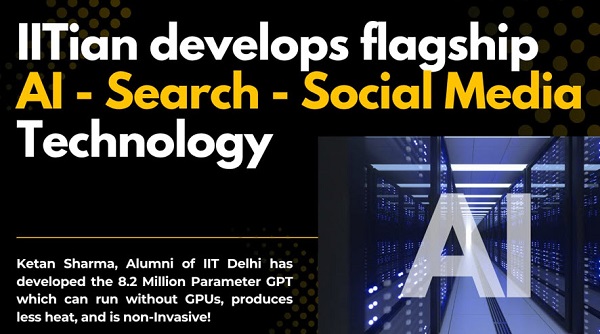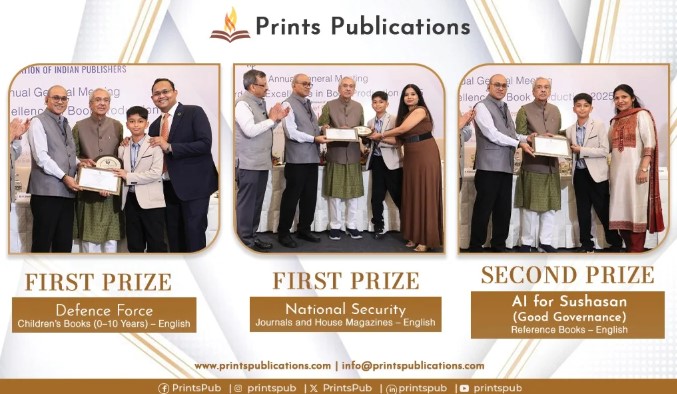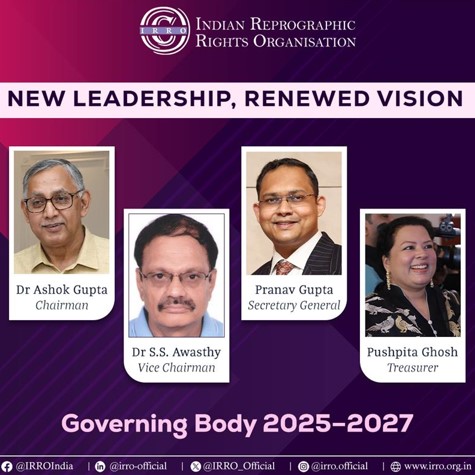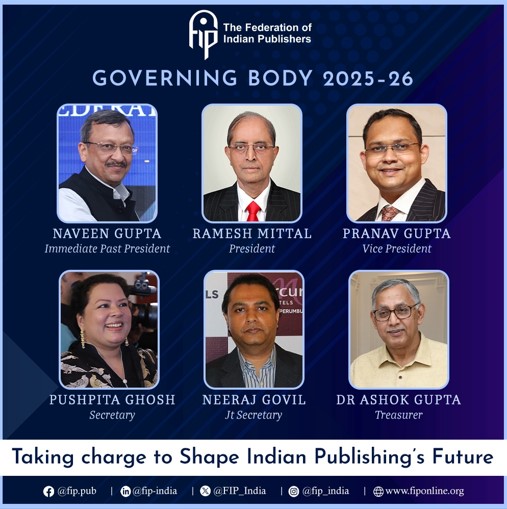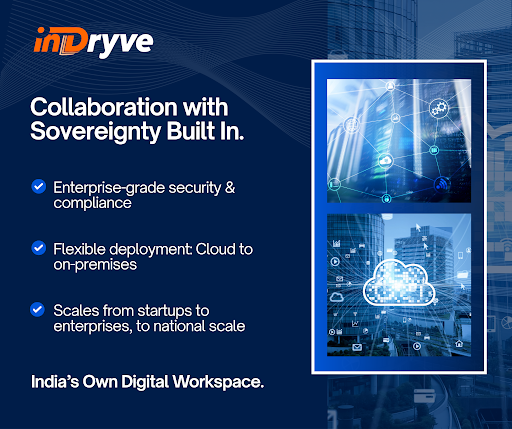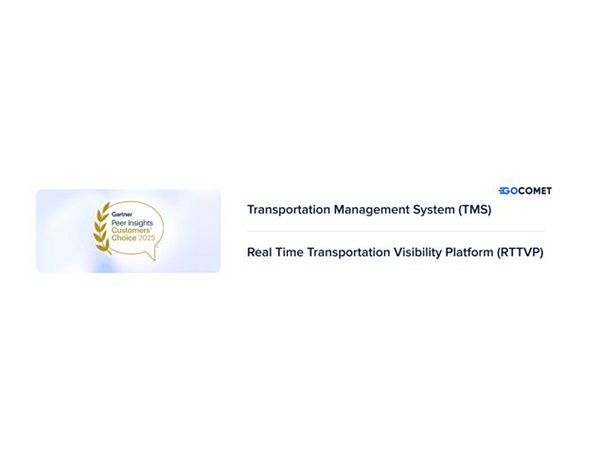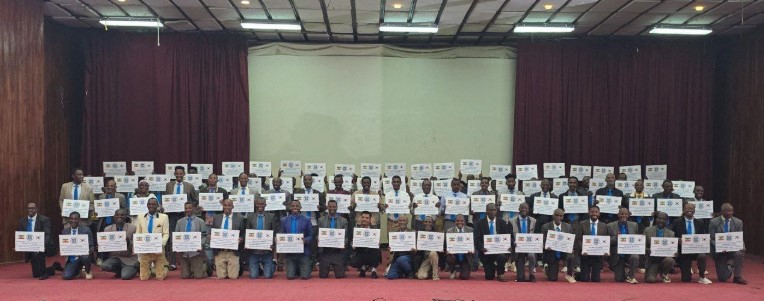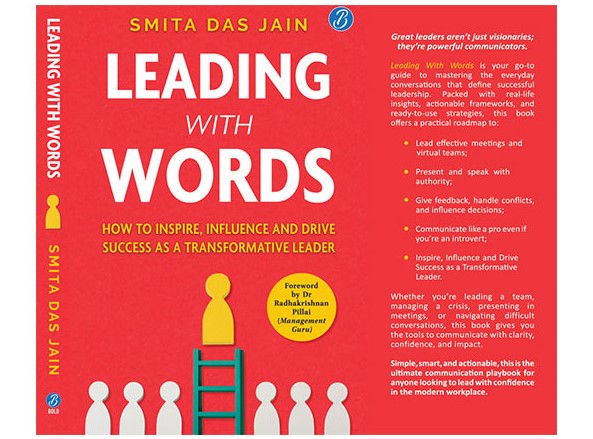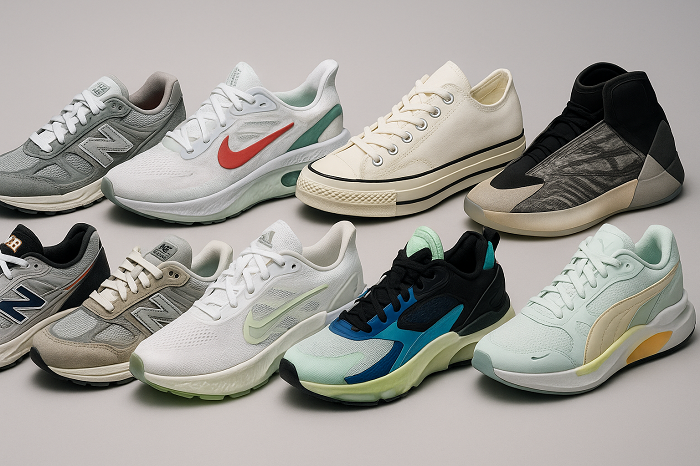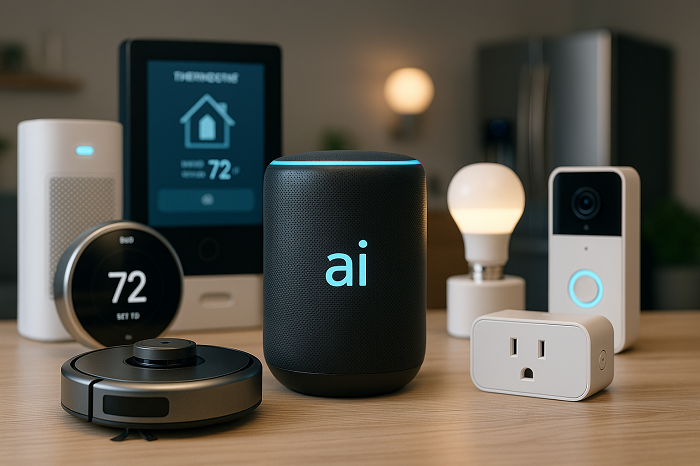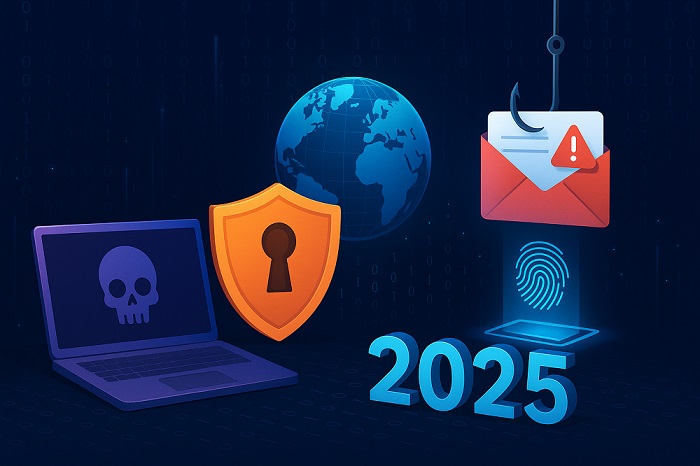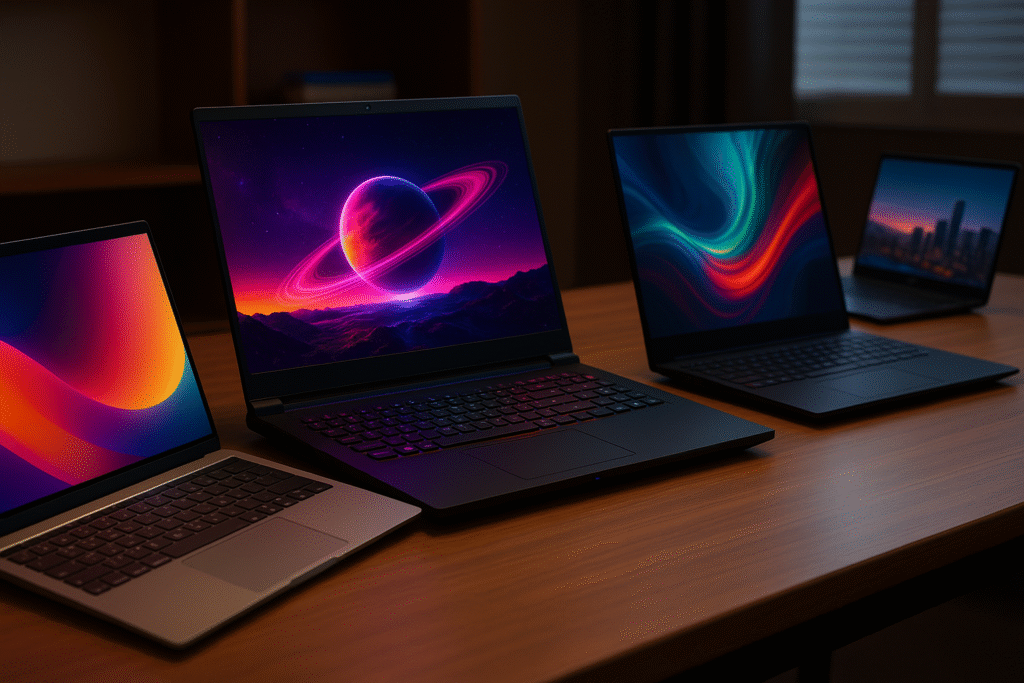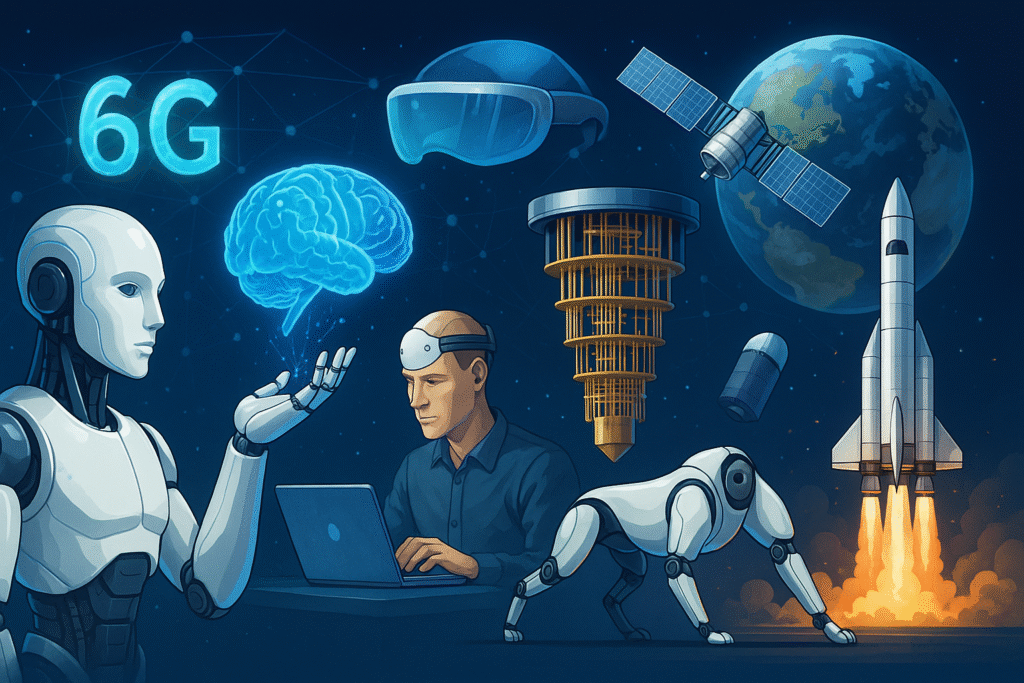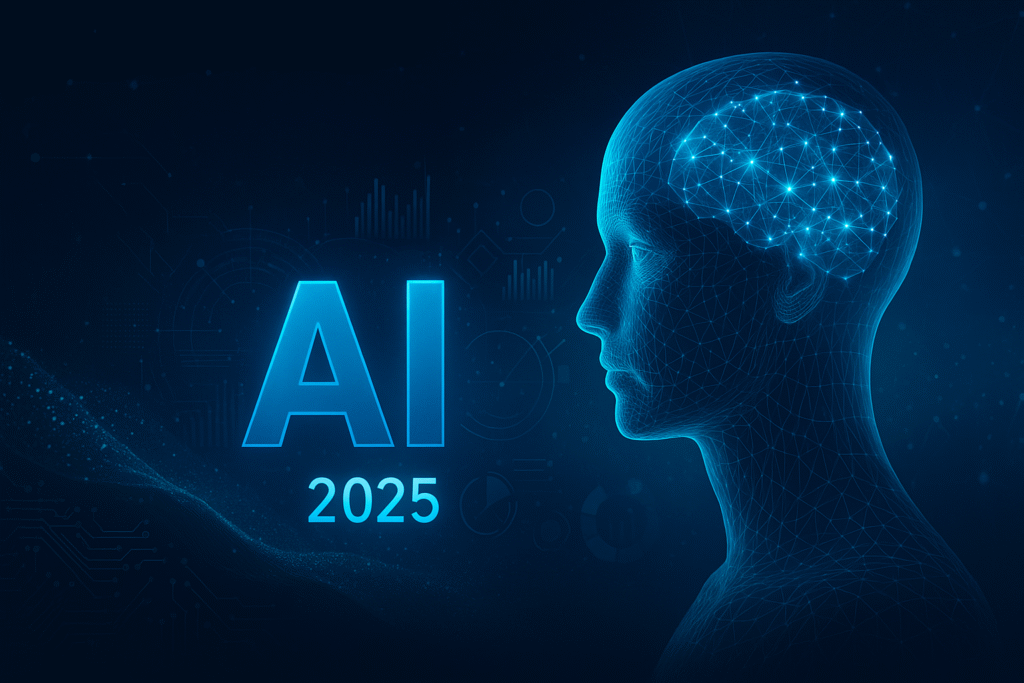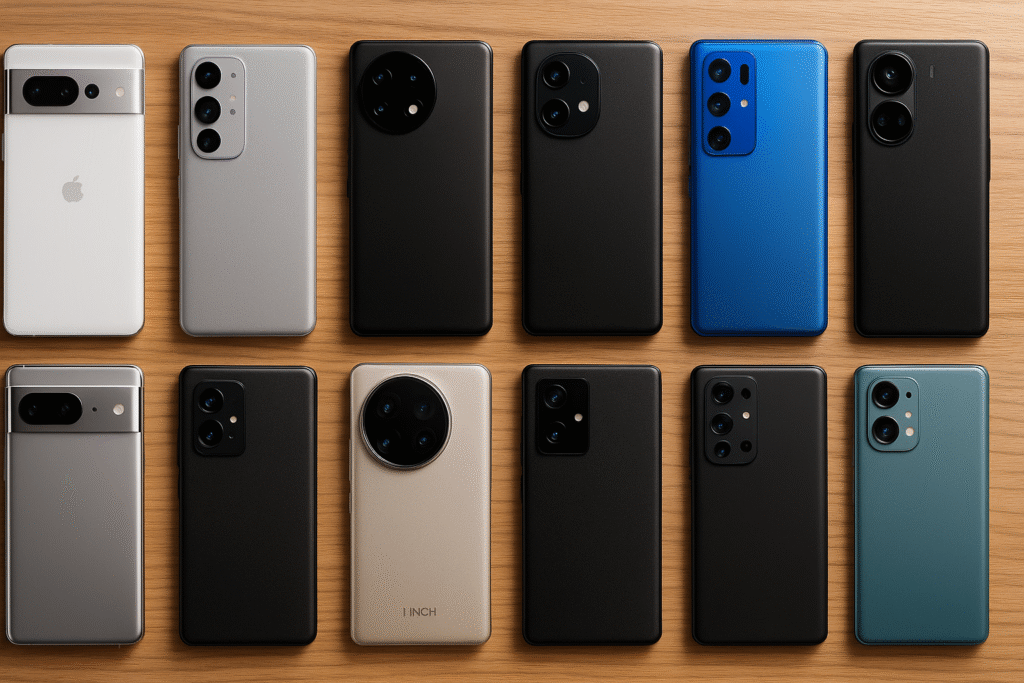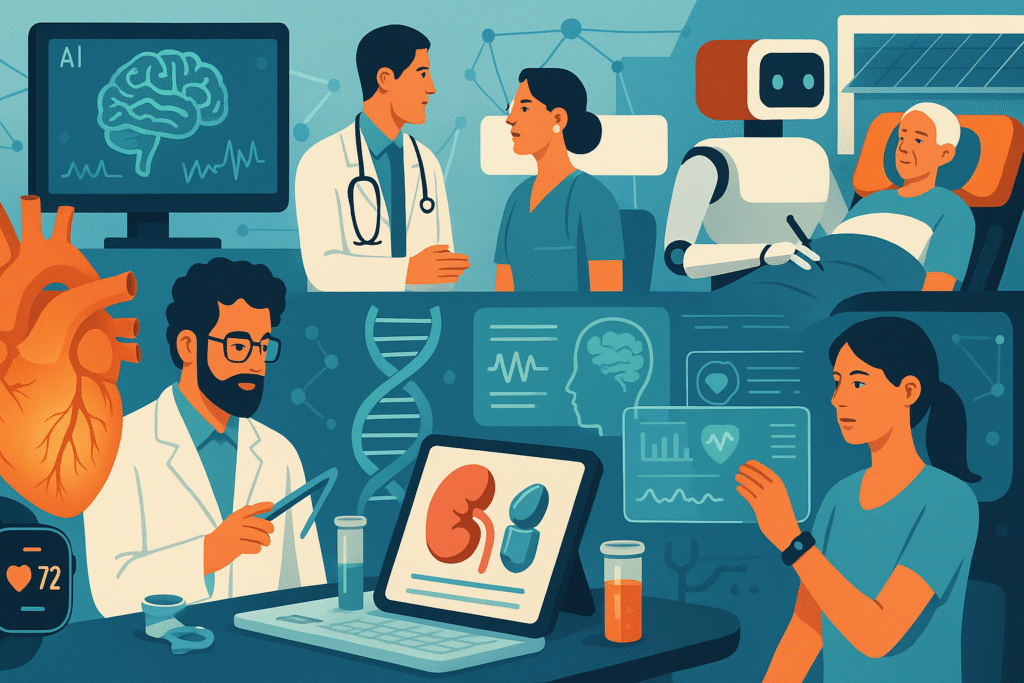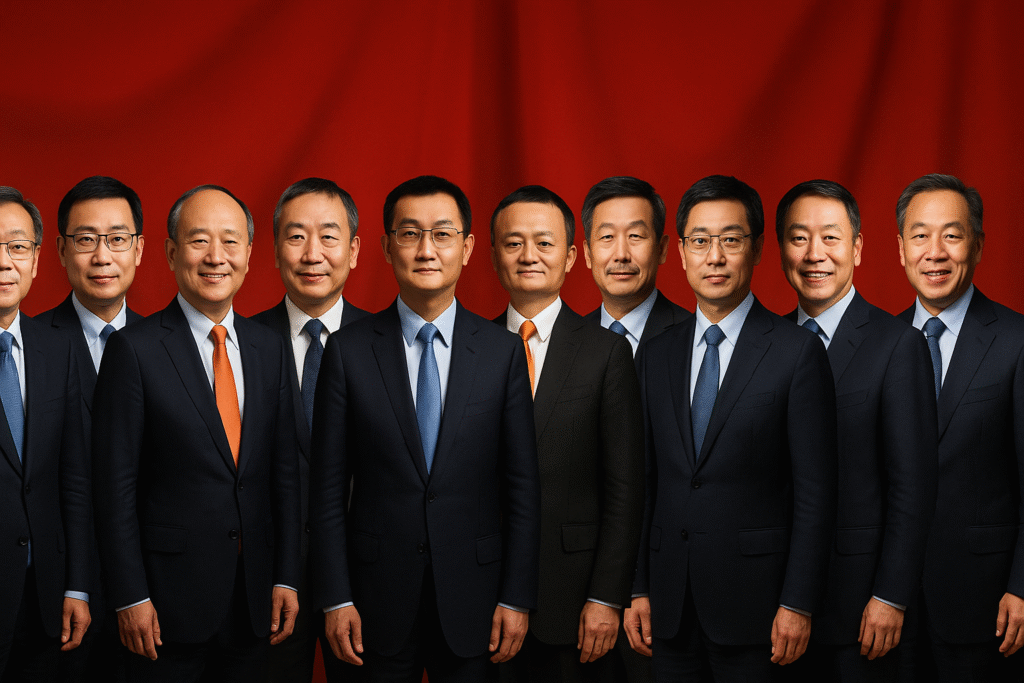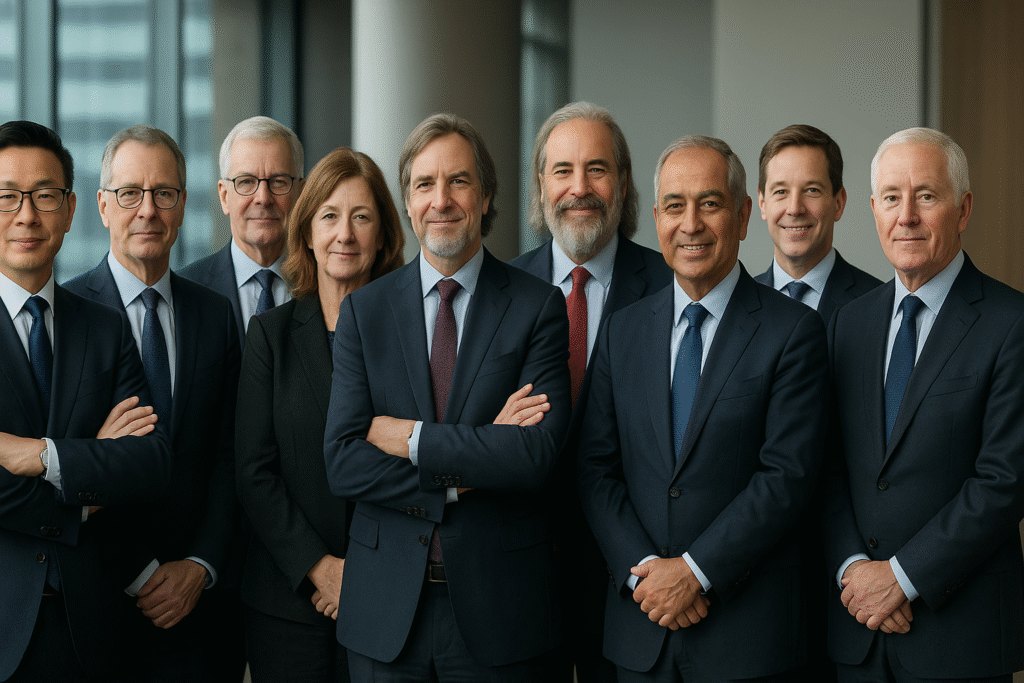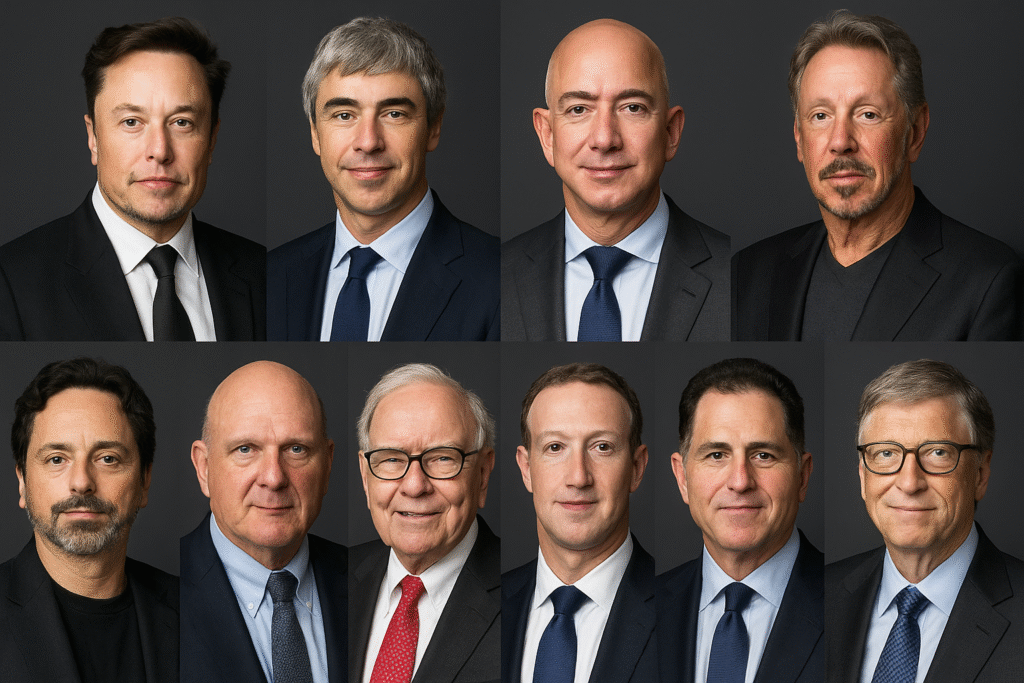Top 10 Artificial Intelligence Trends in 2025
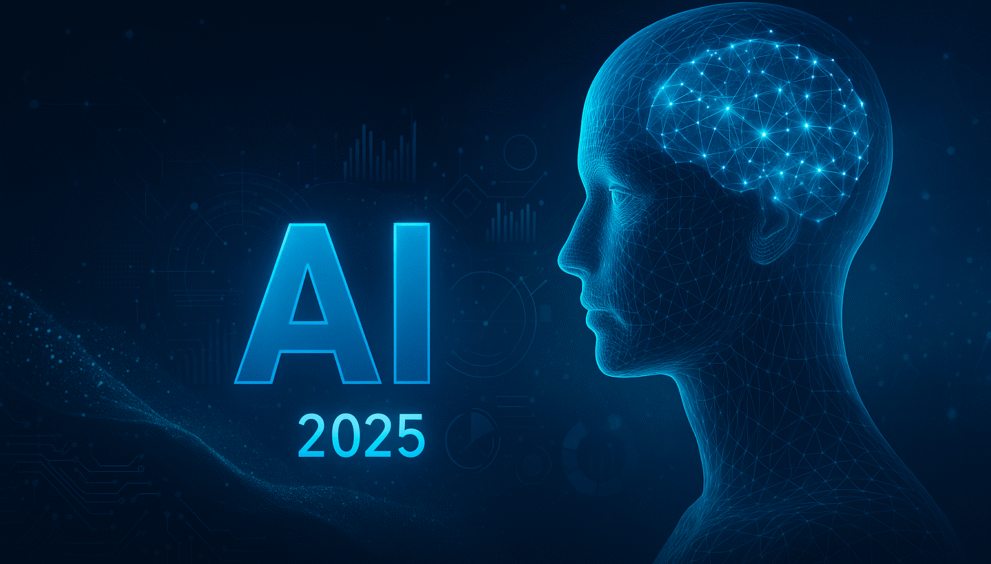
Artificial Intelligence has become one of the most transformative technologies of our time, and in 2025 it is evolving faster than ever. From reshaping industries to revolutionizing how we live and work, AI is not just a futuristic concept anymore, it is the driving force behind digital transformation across the globe. Businesses, governments, and individuals are witnessing the rapid adoption of AI-powered solutions that bring efficiency, accuracy, and personalization to every aspect of life. As we step deeper into this AI-powered era, it is important to understand the key trends shaping the technology.
In this article, we will explore the top 10 artificial intelligence trends in 2025 that are set to redefine industries, enhance productivity, and create new opportunities for innovation.
1. AI-powered Personalization at Scale
In 2025 personalization is no longer limited to e-commerce or media platforms, it is spreading across industries such as healthcare, finance, and education. AI algorithms are now capable of analyzing vast amounts of user data to create hyper-personalized experiences. From tailored treatment plans in healthcare to custom learning paths in online education, personalization at scale is becoming the standard. Brands are leveraging AI to provide content, recommendations, and services that feel unique to every user, improving customer loyalty and business growth.
2. Generative AI Driving Creativity and Innovation
Generative AI continues to dominate conversations in 2025, and its impact on creativity is unparalleled. Whether it is creating realistic images, drafting articles, composing music, or generating code, generative AI tools are empowering creators and businesses. The technology is not only saving time but also inspiring innovation in product design, advertising, and entertainment. Many organizations are adopting generative AI for prototyping ideas, automating content generation, and delivering immersive experiences that were once impossible to scale.
3. AI in Healthcare Transformation
The healthcare industry is undergoing a major transformation with the integration of AI. In 2025 AI systems are widely used for predictive diagnostics, robotic surgeries, and personalized medicine. Early disease detection powered by AI models is reducing mortality rates, while virtual health assistants are enhancing accessibility to medical advice. Wearable devices integrated with AI algorithms continuously monitor health metrics and alert users of potential risks in real-time. This trend is not just improving patient outcomes but also reducing the burden on healthcare professionals.
4. Ethical and Responsible AI Development
As AI becomes deeply embedded in society, the focus on responsible AI development has become stronger in 2025. Governments, organizations, and researchers are prioritizing ethical frameworks to ensure fairness, transparency, and accountability. Issues such as algorithmic bias, data privacy, and misuse of AI technologies are at the forefront of discussions. Companies are investing in explainable AI models that provide clear reasoning behind their decisions, which builds trust among users. Responsible AI practices are now a critical factor for businesses aiming to scale sustainably.
5. AI-driven Automation in Workplaces
Automation powered by AI is transforming modern workplaces, enabling businesses to streamline processes and reduce repetitive tasks. In 2025 intelligent automation is helping companies improve efficiency, cut costs, and focus on strategic growth. AI-powered tools are taking over routine tasks in customer service, HR, and finance, while advanced robots are handling complex manufacturing operations. Rather than replacing jobs entirely, AI is augmenting human capabilities and creating new opportunities for reskilling and upskilling.
6. AI for Cybersecurity and Threat Detection
With the increasing number of cyberattacks worldwide, AI is playing a critical role in strengthening cybersecurity. In 2025 advanced AI-driven systems are capable of detecting and responding to threats in real-time. These systems analyze patterns, detect anomalies, and predict potential attacks before they happen. AI-powered cybersecurity tools are becoming indispensable for businesses handling sensitive data, government agencies, and individuals looking to protect their digital identities. This trend highlights how AI is evolving as the frontline defense against cybercrime.
7. Edge AI and Real-time Processing
One of the most impactful AI trends in 2025 is the growth of edge AI, which brings intelligence closer to where data is generated. Instead of relying solely on cloud computing, edge AI processes data on devices like smartphones, autonomous cars, and IoT devices in real time. This reduces latency, improves security, and enhances the speed of decision-making. Industries such as transportation, retail, and healthcare are adopting edge AI to enable real-time insights and faster operations.
8. AI in Climate and Sustainability Initiatives
AI is playing a vital role in addressing climate change and sustainability challenges. In 2025 organizations are using AI to optimize energy usage, predict environmental risks, and enhance supply chain sustainability. AI-driven climate models are helping governments and researchers make informed decisions about resource management. Smart agriculture powered by AI is improving crop yields and reducing waste, while AI-powered energy grids are ensuring efficient distribution of renewable resources. This trend highlights AI’s potential to contribute to a sustainable future.
9. Natural Language Processing (NLP) Advancements
Natural Language Processing has reached new heights in 2025, making human-machine interactions more seamless than ever before. From conversational AI in customer service to advanced translation tools breaking language barriers, NLP is redefining communication. Businesses are using NLP to analyze customer feedback, extract insights from unstructured data, and deliver real-time multilingual support. With ongoing improvements, NLP is helping AI systems understand context, tone, and emotion, making interactions more human-like and reliable.
10. AI-powered Robotics and Autonomous Systems
Robotics integrated with AI is one of the most exciting trends of 2025. Autonomous systems are now widely used in industries like logistics, manufacturing, and healthcare. From self-driving vehicles to delivery drones, AI-powered robotics is reshaping mobility and supply chains. In healthcare robotic assistants are supporting surgeries, rehabilitation, and elderly care. These innovations are not just increasing efficiency but also creating safer and more accessible solutions for global challenges.
Conclusion
The year 2025 is shaping up to be a defining moment for artificial intelligence. With rapid advancements in generative AI, edge computing, robotics, and responsible AI practices, the technology is becoming an integral part of every industry. Organizations that embrace these trends are likely to stay ahead in the competitive landscape, while individuals who upskill in AI-related domains will have greater opportunities in the future job market. Artificial Intelligence is not just about automation, it is about creating smarter, sustainable, and more human-centered solutions for tomorrow.
If you are looking to explore more insights on technology, digital transformation, and future innovations, make sure to stay connected with our latest blogs and resources.
Frequently Asked Questions on Artificial Intelligence Trends in 2025
Q1. What are the biggest AI trends in 2025?
Answer. The biggest AI trends include generative AI, edge AI, robotics, personalization at scale, ethical AI, and advancements in healthcare applications.
Q2. How is AI transforming the workplace in 2025?
Answer. AI is automating repetitive tasks, enhancing decision-making, and creating opportunities for reskilling. It is improving efficiency across HR, finance, and customer support.
Q3. Why is responsible AI important in 2025?
Answer. Responsible AI ensures fairness, transparency, and accountability, preventing misuse and building trust among users. It is becoming a priority for governments and businesses alike.
Q4. How is AI helping in healthcare?
Answer. AI is enabling predictive diagnostics, robotic surgeries, wearable health monitoring, and personalized medicine, leading to improved patient care and outcomes.
Q5. Will AI replace human jobs in 2025?
Answer. Rather than fully replacing jobs, AI is augmenting human capabilities, automating routine tasks, and creating new roles that require advanced skills.











